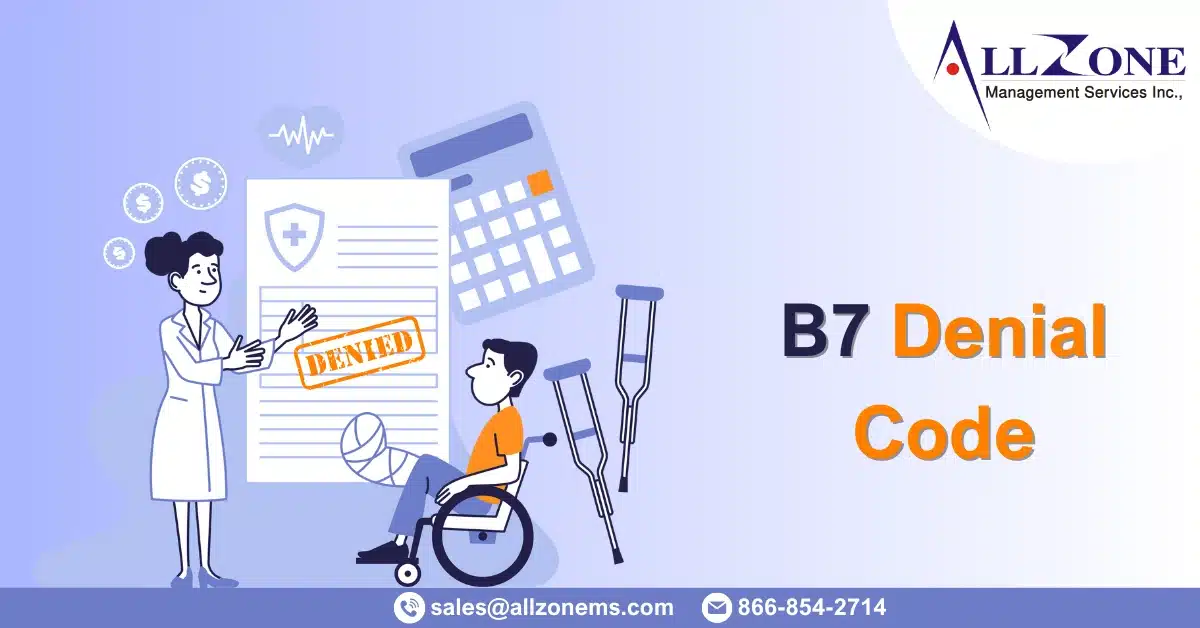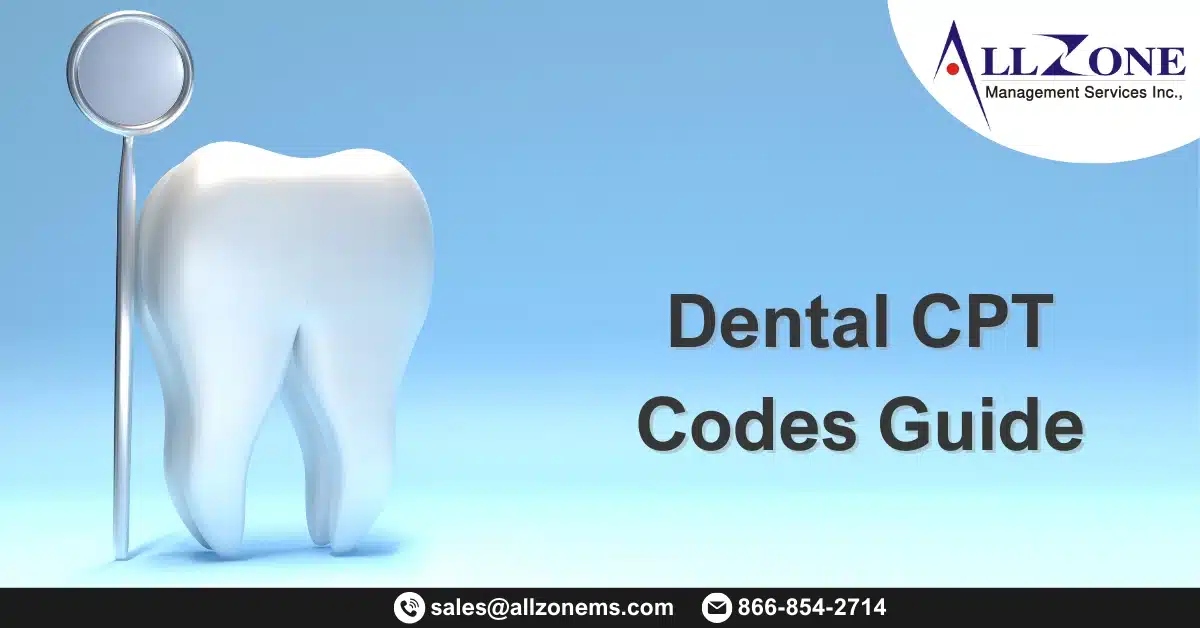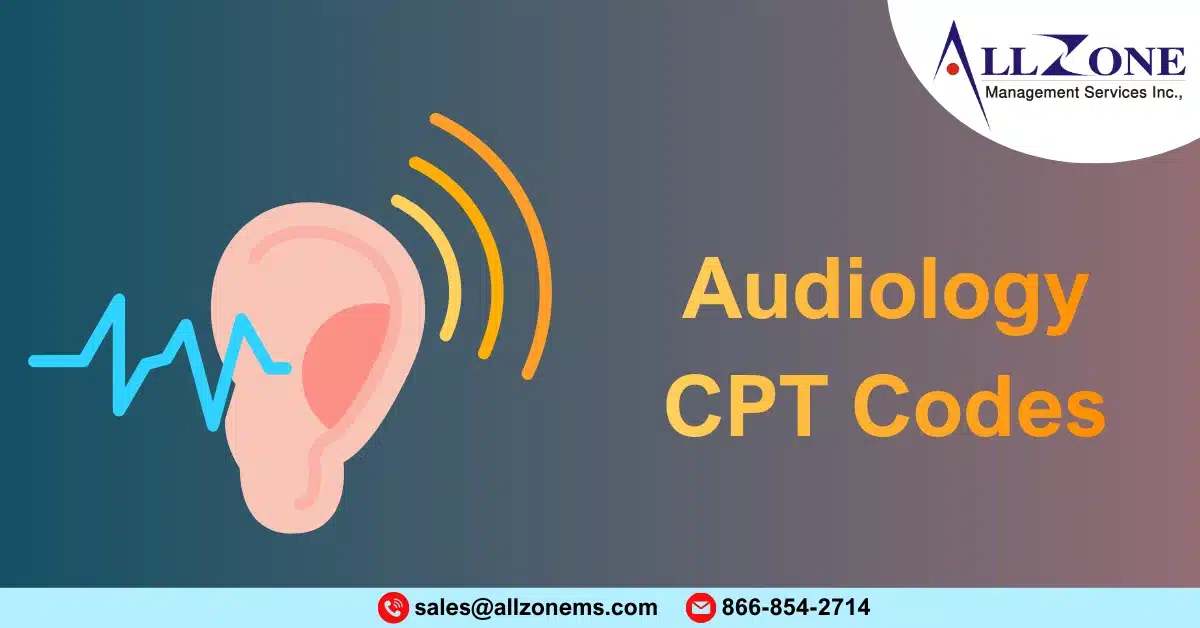Medical claim denials continue to be one of the biggest challenges in revenue cycle management (RCM). Among the many denial codes issued by payers, the B7 denial code is a frequent yet often misunderstood reason for claim rejection or reduced reimbursement. If not addressed promptly and correctly, B7 denials can lead to delayed payments, increased […]
Hyperlipidemia is one of the most commonly diagnosed chronic conditions in clinical practice, significantly increasing the risk of cardiovascular disease, stroke, and metabolic disorders. With the rising prevalence of lipid disorders, accurate ICD-10 coding for hyperlipidemia has become essential for proper documentation, reimbursement, and compliance. Even minor coding errors can lead to claim denials, underpayment, […]
Dental and oral procedures are increasingly billed to medical insurance when services are medically necessary, creating a growing demand for specialized dental billing services that understand both dental and medical coding requirements. In these cases, CPT® codes—not CDT codes—are required for accurate claim submission and reimbursement. However, many dental practices face challenges in identifying the […]
The Healthcare Common Procedure Coding System (HCPCS) Level II plays a critical role in reporting supplies, non-physician services, and durable medical equipment not captured by CPT® codes. Among these alphanumeric codes, HCPCS Level II D codes are specifically designed to represent dental procedures and services. While primarily associated with dental billing, D codes are increasingly […]
Blood and immune disorders classified under ICD-10-CM codes D50–D89 represent a complex group of conditions that significantly influence patient outcomes, documentation accuracy, and reimbursement in cardiology practices. These disorders frequently coexist with cardiovascular conditions, adding clinical complexity that must be accurately captured in medical records and claims. For cardiology providers, precise coding of blood and […]
In the fast-evolving healthcare landscape, audiology professionals face increasing pressure to ensure accurate coding and billing to maintain smooth operations and optimize reimbursements. For audiologists, hearing specialists, and billing teams alike, understanding Audiology CPT codes is crucial. At Allzone, we know that the foundation of efficient audiology practice management lies in mastering the correct CPT […]
Anemia is one of the most frequently diagnosed conditions across primary care, specialty practices, and hospital settings. Accurate diagnosis and documentation are critical—not only for patient care but also for compliant medical coding and proper reimbursement. The ICD-10-CM D50–D53 cover various types of nutritional and deficiency-related anemias, making them essential for healthcare providers, coders, and […]
Accurate medical billing is essential for timely reimbursement, especially when working with government healthcare programs. One commonly used but often misunderstood form is the VA 10-7959a medical billing claim form. Designed for healthcare providers submitting claims to the U.S. Department of Veterans Affairs (VA), this form plays a critical role in ensuring veterans’ medical services […]
Introduction Anesthesia services play a critical role in surgical and diagnostic procedures, ensuring patient comfort, safety, and procedural success. From a medical billing and coding perspective, anesthesia is one of the most specialized and complex areas due to its time-based reporting, modifier usage, and payer-specific rules. Understanding CPT codes used in anesthesia is essential for […]
Immune mechanism disorders are a set of conditions that are hard to understand. They happen when the body’s immune system doesn’t work properly. These diseases can lead to serious infections, autoimmune reactions, and issues that impact multiple organs. To make sure patients get the right amount of money, follow the rules, and have better health […]










